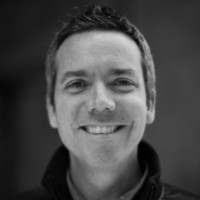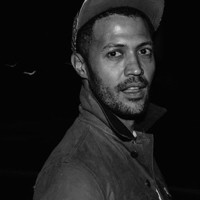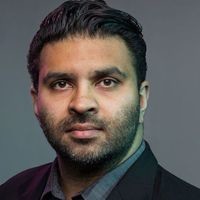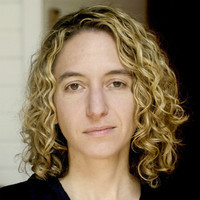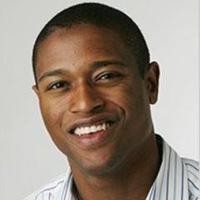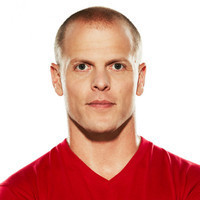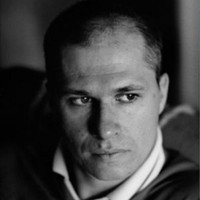Andy Kroll is an investigative reporter for ProPublica. His new book is A Death on W Street: The Murder of Seth Rich and the Age of Conspiracy.
“I think a book has ruined me for writing hot takes and spicy Twitter dunks and all of these other one- and two-dimensional bits of ephemera. I wasn't really a big fan of it in the first place, but I can't do it anymore. A book forces you to look at the world in a much more fine grained, humane, empathetic way, and there's no going back from that.”
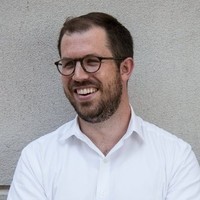
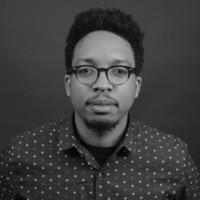


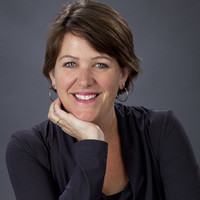

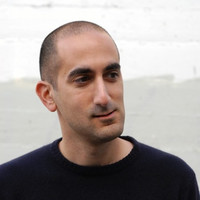
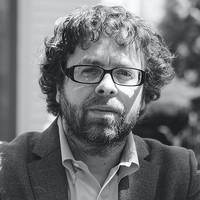
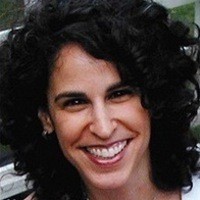

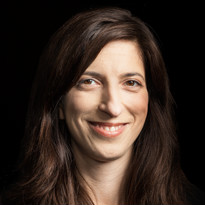 Pamela Colloff is an executive editor and staff writer at Texas Monthly.
Pamela Colloff is an executive editor and staff writer at Texas Monthly.
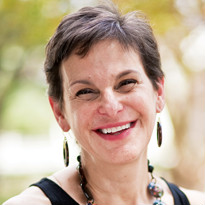 Mimi Swartz has written for Talk, The New Yorker and Vogue. She is an executive editor at Texas Monthly.
Mimi Swartz has written for Talk, The New Yorker and Vogue. She is an executive editor at Texas Monthly.

